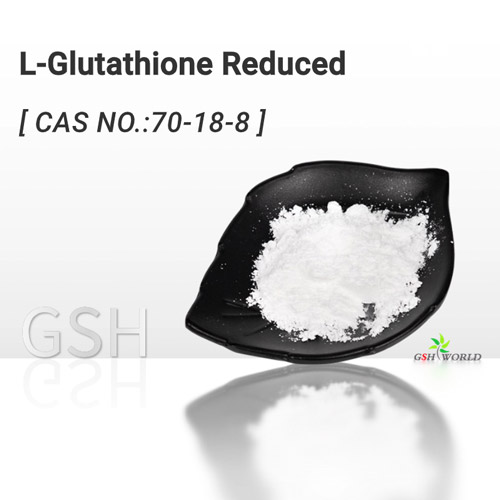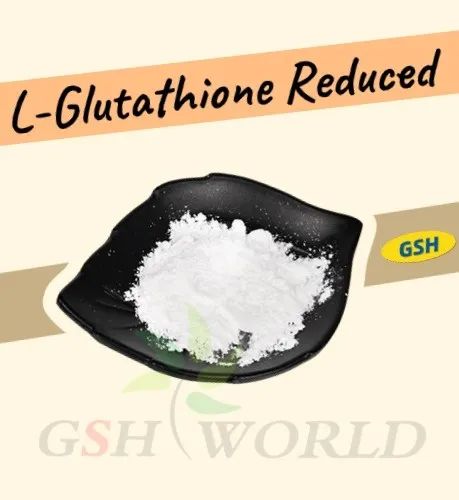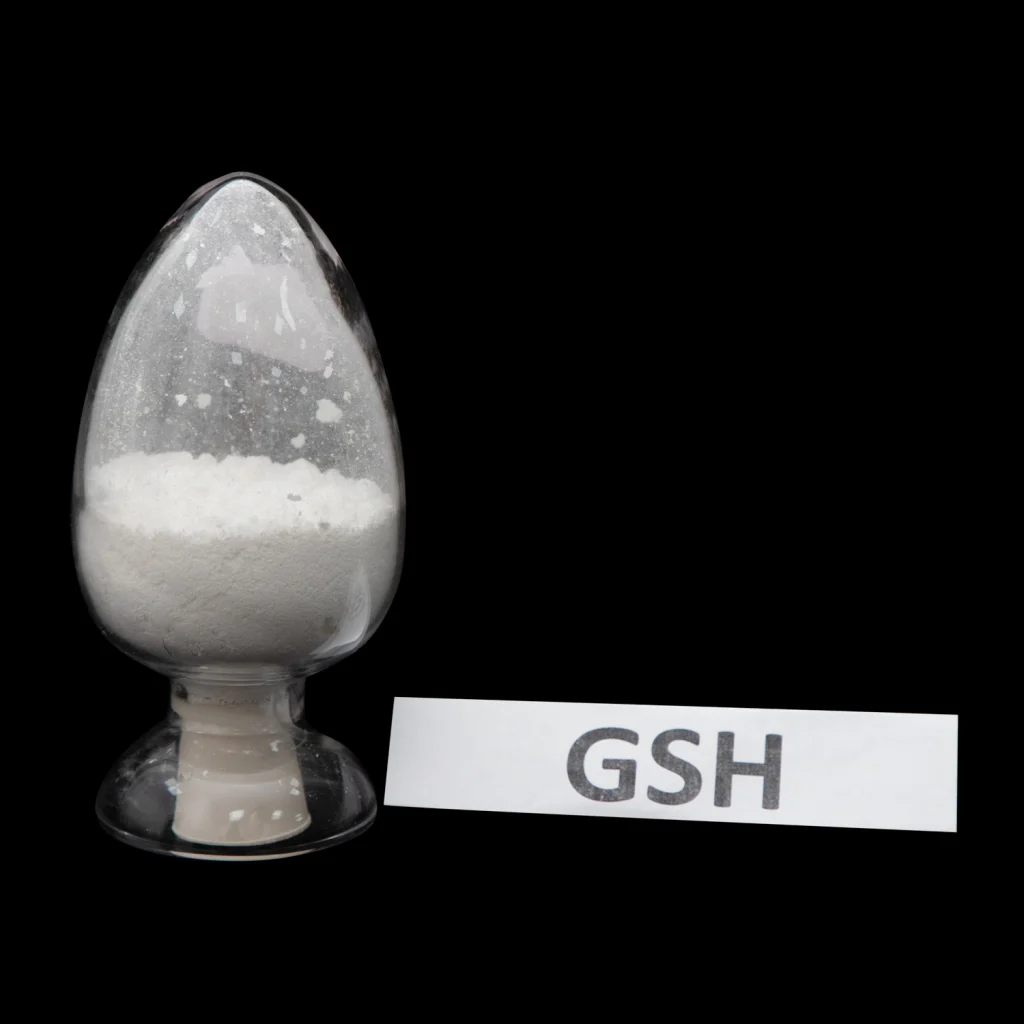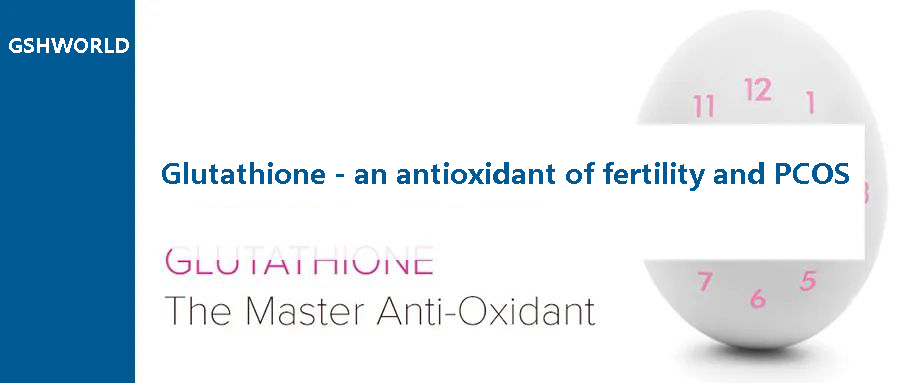Glutathione is called a “major antioxidant,” and although it is arguably the most important antioxidant, few doctors know about it.
Glutathione is produced by our own bodies and is made up of three amino acids.
It contains a lot of sulfur, a compound that gives it a lot of energy.
Glutathione is also recyclable, which means your body can use it again and again. Its main function is to eliminate various harmful chemicals due to inflammation and toxins.
Every cell in our body needs and uses glutathione, and when GSH is deficient, our health suffers.
Glutathione and fertility
Glutathione is important for fertility in both male and women.
It can improve the health and quality of sperm. When it comes to women’s ovaries, GSH plays an important role. China glutathione manufacturers
In the months leading up to ovulation, our eggs develop slowly and gradually in a process called folliculation.
During this process, many of the cells around the egg (collectively called the follicle) replicate.
Each of these tiny cells needs GSH to protect it from damage.

Therefore, the quality of the egg depends on glutathione – one of the main protectors of the ovaries.
In fact, research has shown that oocytes with higher levels of intracellular GSH can produce healthier, stronger embryos.
Other studies have shown that the intracellular levels of GSH in women’s ovaries are actually higher when we are young.
Therefore, increasing glutathione may reverse the ovarian “clock.”
Studies have shown that GSH deficiency is associated with premature ovarian failure and even ovarian cancer.
Another study found that for women undergoing IVF, higher levels of GSH in the follicles led to improved fertilization rates.
Glutathione and PCOS
Glutathione is also extremely important for women with polycystic ovary syndrome.
A recent study challenged 36 thin women with PCOS who had a high glycemic load.
As expected, the women produced higher levels of insulin and testosterone depending on the dose of sugar.

The study concluded that glucose led to a significant increase in markers of oxidative stress, which lowered trough tathione levels, and that a decrease in GSH was associated with an increase in testosterone.
Another study designed to assess ovarian DNA damage in women with PCOS concluded that GSH in the ovaries may be significantly reduced as a result of the condition.
As many women with PCOS have seen when trying to get pregnant, egg quality is a key concern.
Even for women with PCOS who ovulate regularly, conception can take a long time – which is often related to the quality of the follicles.
Glutathione protects egg quality in women with polycystic ovary syndrome, and increasing GSH levels not only improves the chances of conception, but also improves the overall ovulation rate.
How to increase glutathione?
Since GSH is a sulfur-rich compound, eating sulfur-rich foods such as Onions, garlic, broccoli, kale, cabbage, and bok choy will help boost glutathione levels.

N-acetylcysteine is one of my favorite supplements to increase intracellular glutathione.
It has anti-inflammatory effects and can protect the cells in our body.
Alpha-lipoic acid is an important promoter of intracellular GSH.
It is also very helpful in helping to control blood sugar, so it is a great nutrient for women with PCOS.
Selenium is a key mineral involved in intracellular glutathione production.
Brazil nuts are a great source of selenium, or supplements in organic form are best, such as selenomethionine.



